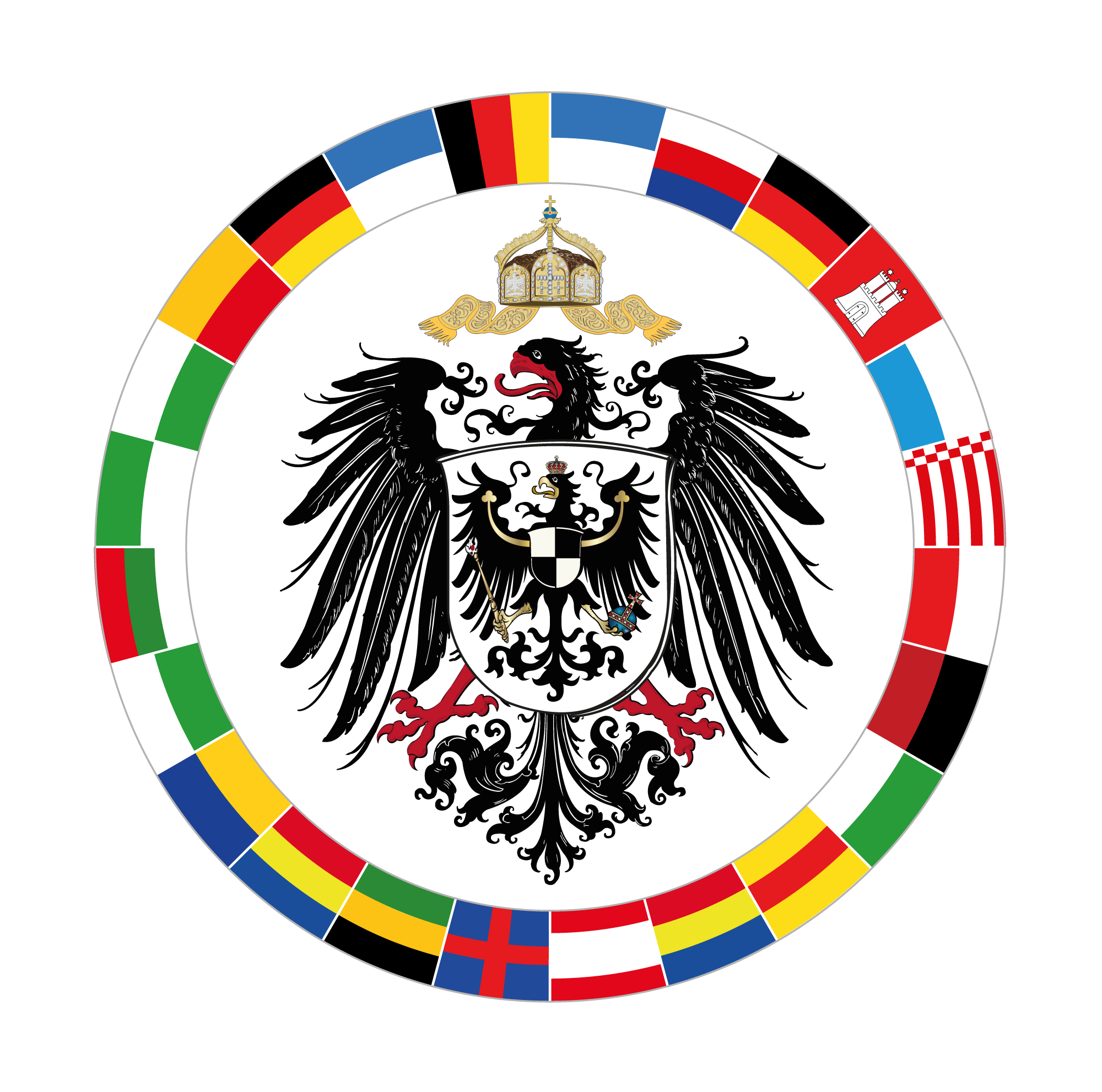PAssSACES FOR TRASSLATION INTO CERMAN 10t
be ceded to Germany. At the same time the whole
country was called to arms. Paris was completely sur-
rounded by the Cerman troops, and the siege of the
French capital began on September 10. King William
fiked his headquarters in a magnificent castle at Ferricères
belonging to Baron Rothschild. Strassburg capitulated on
September 27 after a heroic defence under General Ulrich,
and not until the torn had been bombarded and the
suffering could be borne no longer. IAletz followed one
month later. Bazaine surrendered on October 27 with three
marshals, fifty generals, 6booo officers, and 173,000 men.
Gambetta now became the conductor of the defence of
France. He left Paris in a balloon, and intended to raise
a fresh army in the rear of the enemy wherewith to invade
CGermany. He collected an armr, but it was defeated at
Orleans. On December 27 the Cermans began the
bombardment of Paris with serenty-six guns. Aleanwhile
the king had flred his headquarters at Versailles, where
he was proclaimed Cerman Emperor on January 1#8,
1871. Ten days later Paris capitulated. An armistice
for threc weeks was concluded, and the preliminaries of
peace were signed at Versailles on Fchruary 26. Count
Bismarck and Jules Farre signed the peace at Frankfurt
Oon Alay 10, 1871. France ceded to Cermany Alsace-
Lorraine, and undertock to pay a war-indemnity of zooo
million francs.
X’(Pp. 61—71.
The Emperor William devroted the rest of his life to
the consolidation of the unitech German Empire by
developing the arts of peace, promoting trade and com-
merce, and improring the lot of the working classes. At
the same time he gare the efficiency of the armFx bis
unremitting attention, for his makim was: He who wishes
for peace must be prepared for war. One of Emperor
William's noblest measures was the provision he made
for the aged and sick of the Cerman workmen, and the




